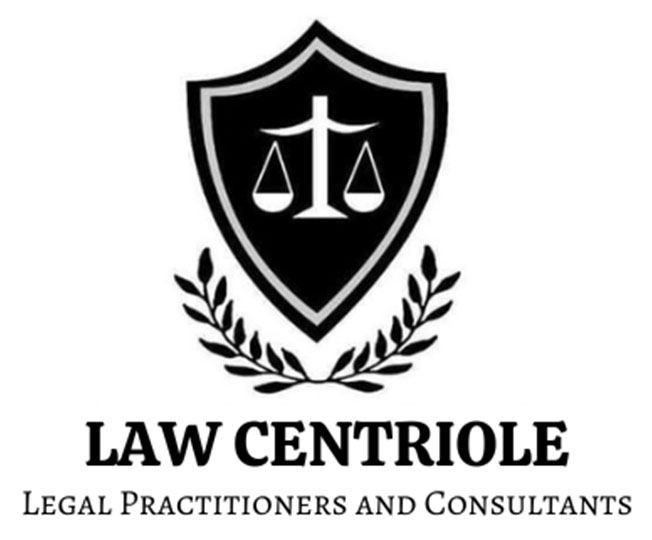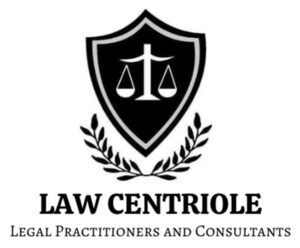Statutes of limitation, often considered a double-edged sword, impose time limits on bringing legal actions. While promoting finality and efficient dispute resolution, they can also bar legitimate claims if they are not addressed promptly. In Nigeria, understanding and complying with these limitations is crucial for anyone who wants to bring an action in court.
Here are examples of limitations under which legal actions must be initiated in Nigeria:
Personal Injury: Typically, claims related to personal injury, such as accidents or medical malpractice, have a limitation period of three years.
Contract Disputes: Breach of contract or any disputes arising from any contract have a limitation period of six years.
Property-related Matters: Actions involving disputes over real estate, such as trespass or recovery of possession, are subject to specific limitation periods. The action must be brought within twelve years in Abuja and 20 years in Lagos. Section 16, limitation law of Lagos.
Defamation: Claims related to defamation, including libel and slander, have a limitation period. The action must be brought within three years.
Debt Recovery: Actions for the recovery of debts may be subject to a limitation period, which can vary but is often within six years from the date the debt became due.
Professional Negligence: Claims against professionals, such as doctors or lawyers, for professional negligence have a specific limitation period. The action must be brought within three years.
Product Liability: Claims related to injuries caused by defective products have a limitation period. The action must be brought within three years from the date of injury.
Fraud or Misrepresentation: Actions based on fraud or misrepresentation that may have arisen out of a contract should be brought within the period of six years.
Reason for the statutes of limitation in Nigeria
To successfully prosecute a matter before the court, it is important to have enough evidence and witnesses. If a plaintiff is allowed to bring an action at any time, the evidence might have gotten lost or the witnesses in the matter might have died.
Equity aids the vigilant. Thus, where there is a hurt, it is important to commence an action as soon as possible. Niki Tobi, JCA (as he then was) stated the rationale behind the statutes of limitation in Mercantile Bank of Nig. Plc. v. FETECO (Nig) Ltd. (1998) 2 NWLR (PT. 540) 143 at 156-157
“A Statute on Limitation of action is designed to stop or avoid situations where a plaintiff can commence action any time he feels like doing so, even when human memory would have normally faded and therefore failed. Putting it in another language, by the Statutes of limitation, a plaintiff has not the freedom of the air to sleep or slumber and wake up at his own time to commence an action against a defendant. The different Statutes of Limitation which are essentially founded on the principles of equity and fair play will not avail such a sleeping or slumbering plaintiff. He will be stopped from commencing the action and that is a just and fair situation. A plaintiff who suddenly wakes up from a very deep sleep only to remember that the defendant had wronged him, can, I think, be rightly ‘greeted’ by the defendant with the appropriate limitation statute, waving same to him as a basis for redress……”
Will Ignorance absolve a litigant whose Action has been foreclosed by the statutes of limitation?
The Supreme Court in Williams v. Williams (2008) LPELR-3493(SC) stated that:
“It is also the law, that ignorance of the statutory limitation provision by the plaintiff is of no moment.” Thus, the fact that you weren’t aware that the limitation to bringing an action against a public officer is three months won’t avail you if you bring that action after six months.
Exceptions
1. Where there is fresh hurt against the plaintiff by the defendant. This is a fresh cause of action arising from a continuance of damage.
2. Section 2(a) of the Public Officers Protection Act states that an action against a public officer in his official capacity must be brought within three months. However, in Hassan v. Aliyu & Ors. (2010) LPELR-1357(SC), the Supreme Court held that there will be an exception “where the public officer concerned fails to act in good faith or acts in abuse of office or maliciously or with no semblance of legal justification….”
Conclusion
Equity aids the vigilant. The law is on the side of the claimant who acts immediately. A claimant cannot sleep on his right, then wake up after a decade and set about enforcing a right. It is the duty of a claimant to take his matter with all seriousness. It doesn’t matter how large or small the claim is, urgency is important.
Don’t forget to share this post using any of the buttons below.
Follow the Law Centriole WhatsApp Channel to get early updates about new posts.

